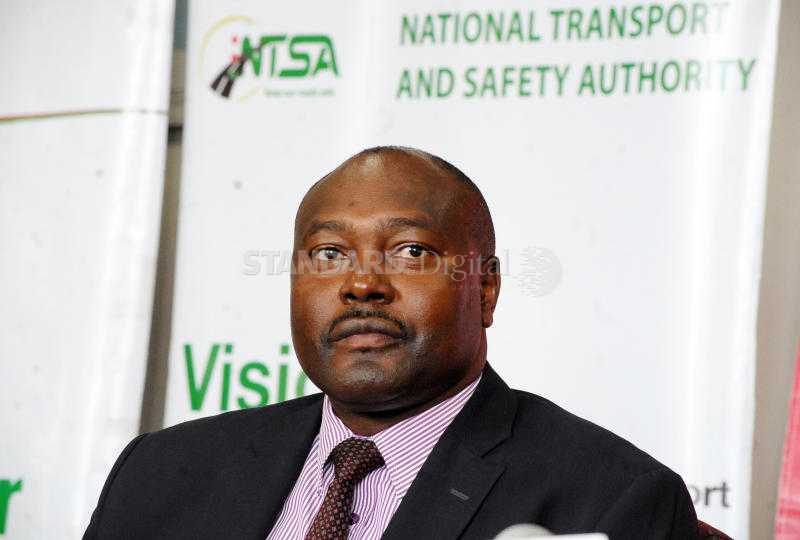×
The Standard e-Paper
Kenya’s Boldest Voice

In the wake of a sudden surge in accidents which caused deaths of at least 250 in one month alone, the National Transport and Safety Authority has been under fire over failure to manage the situation.
It has also been accused of reacting in a knee-jerk manner that does not provide long-term solutions. In an interview with the Standard, NTSA Director General Francis Meja, had this to say.